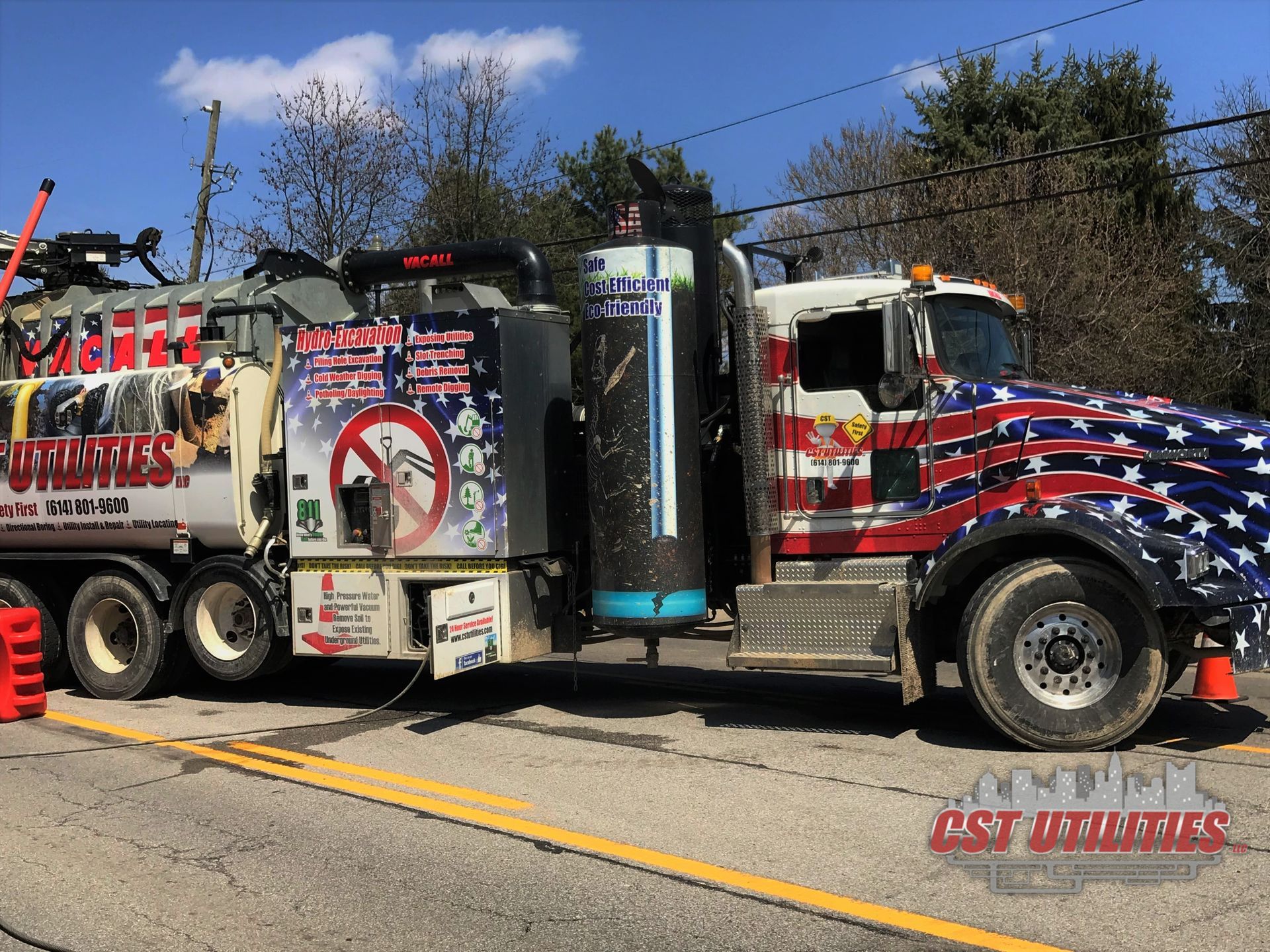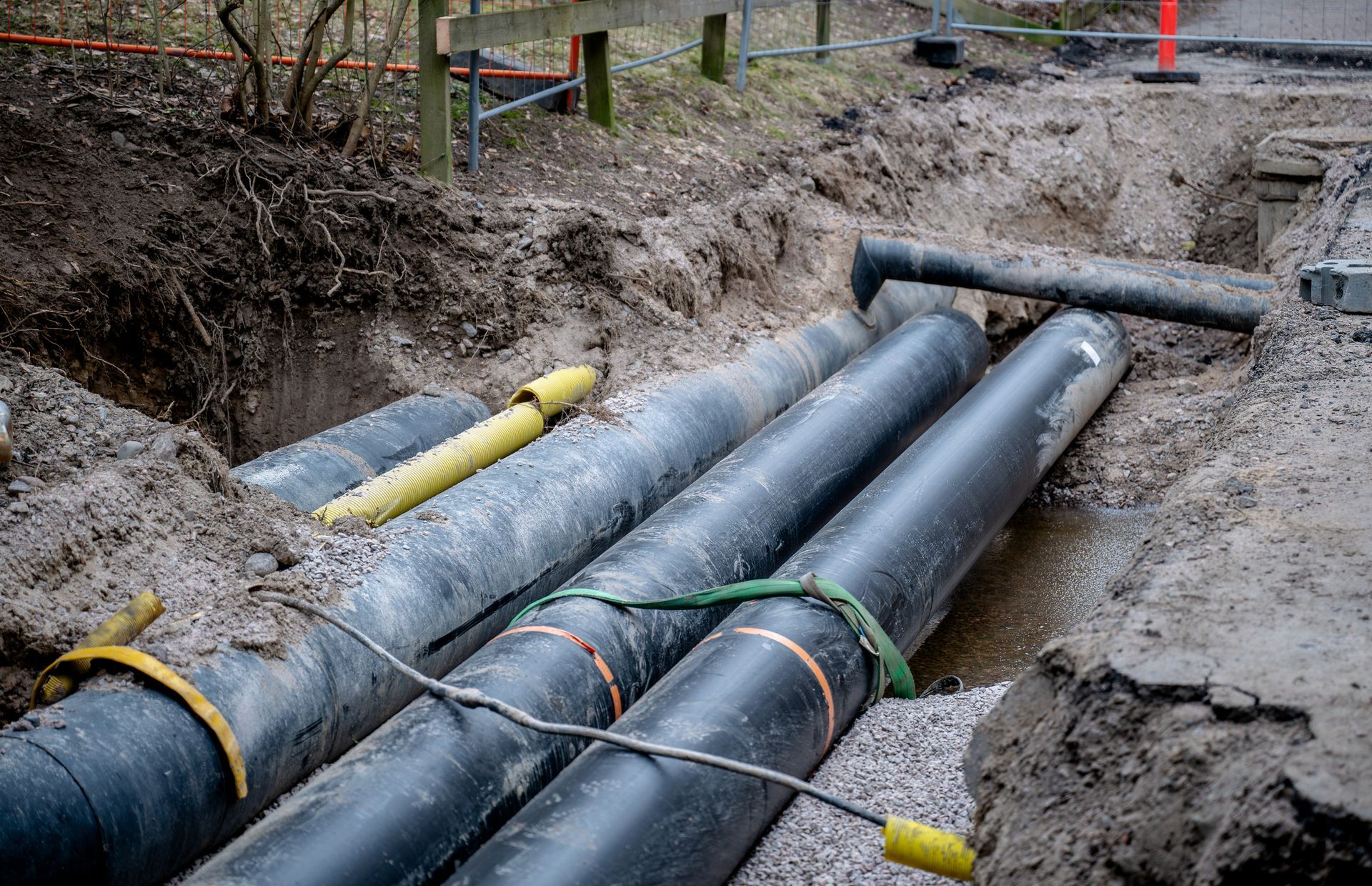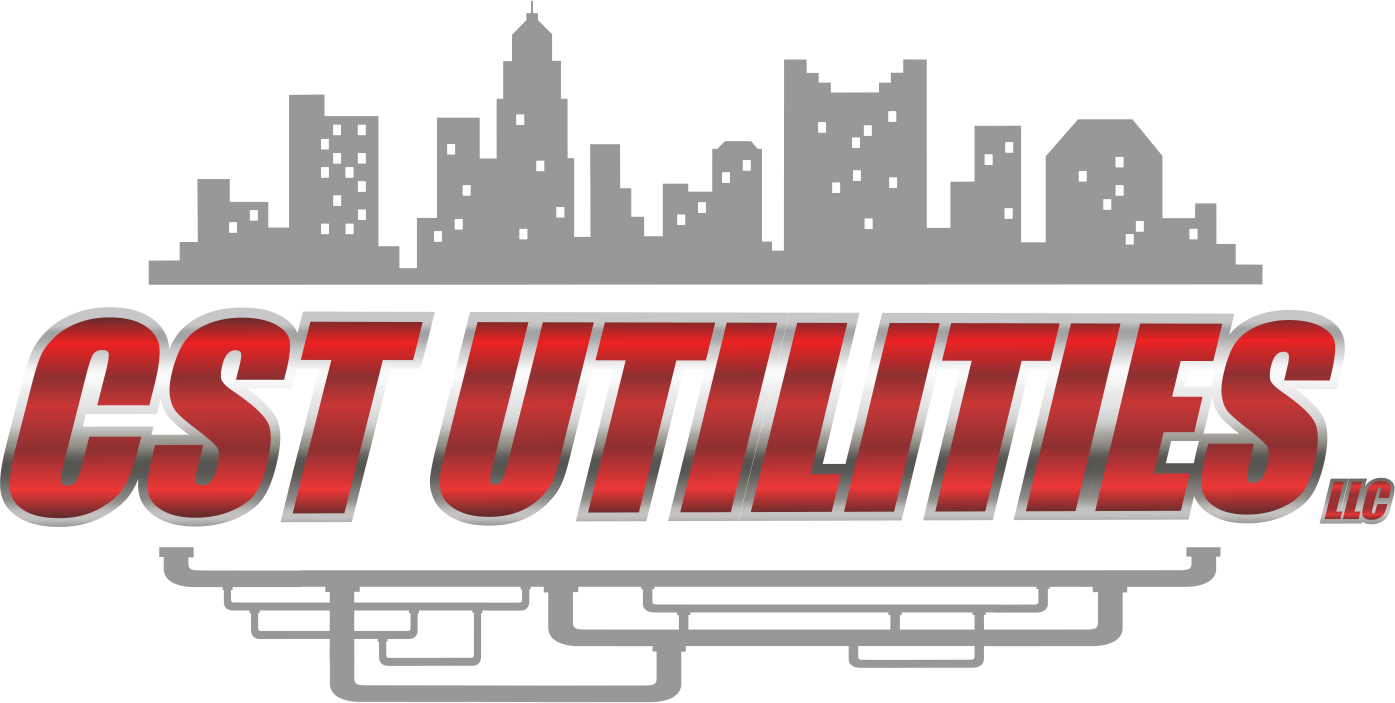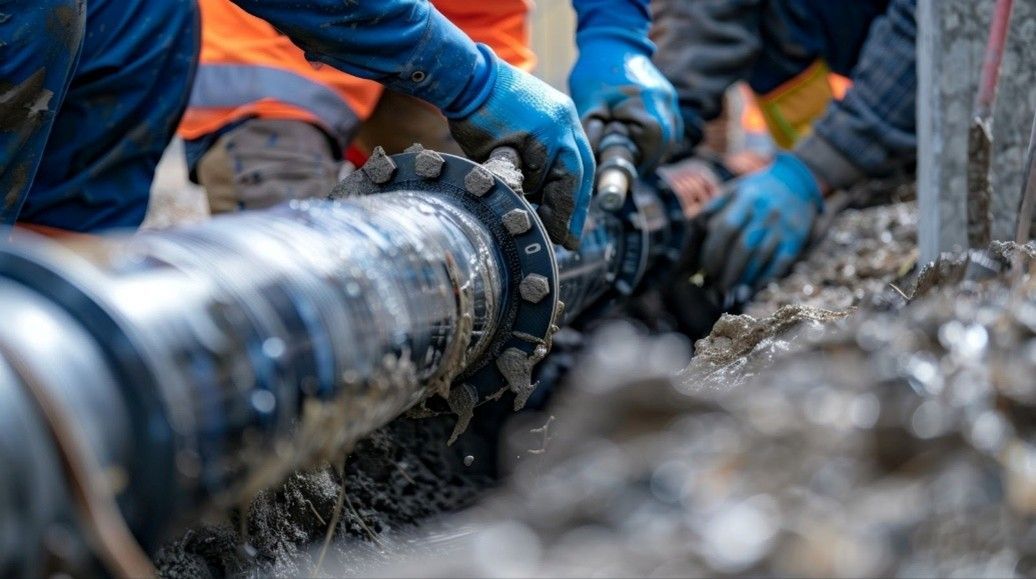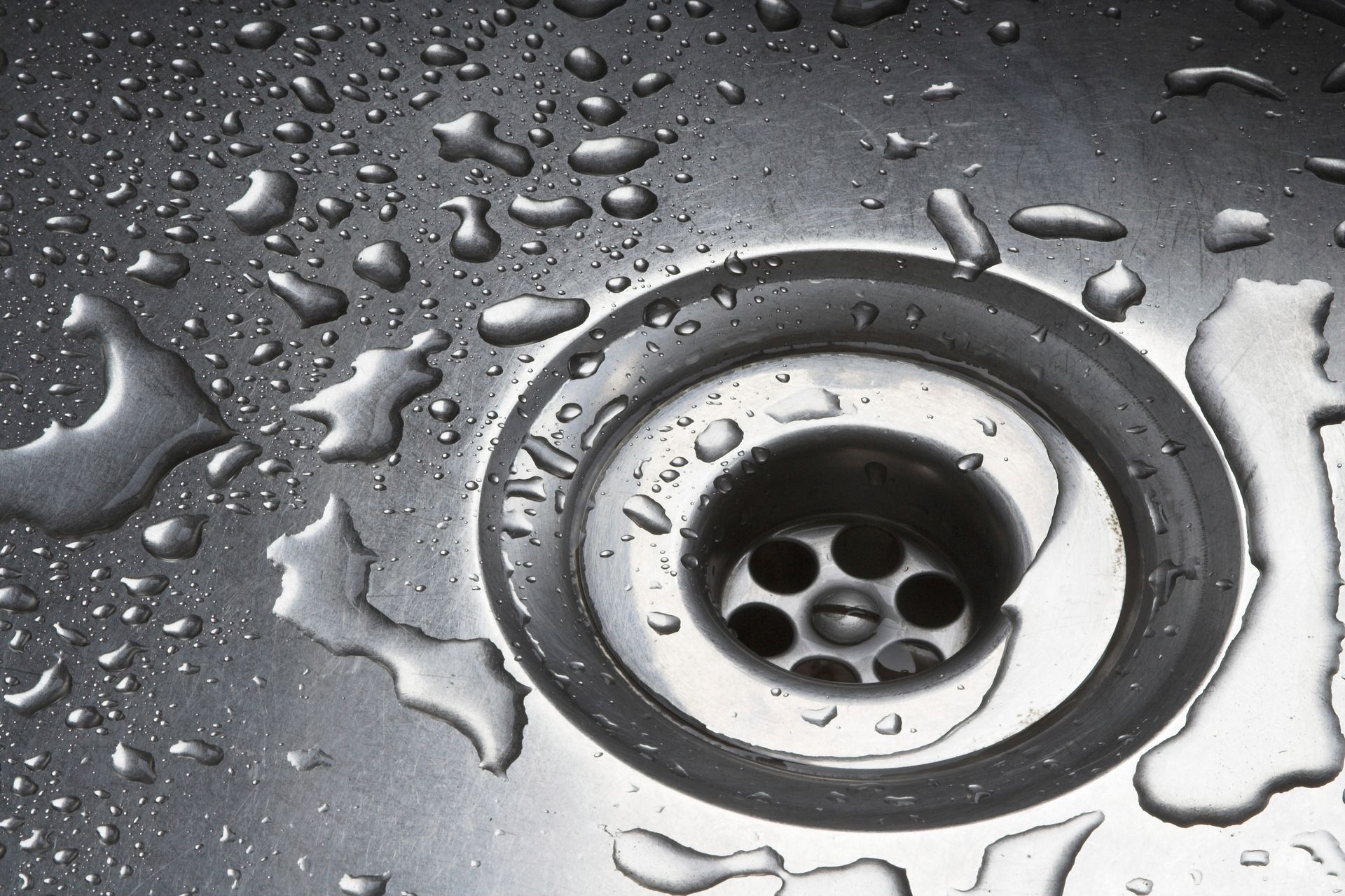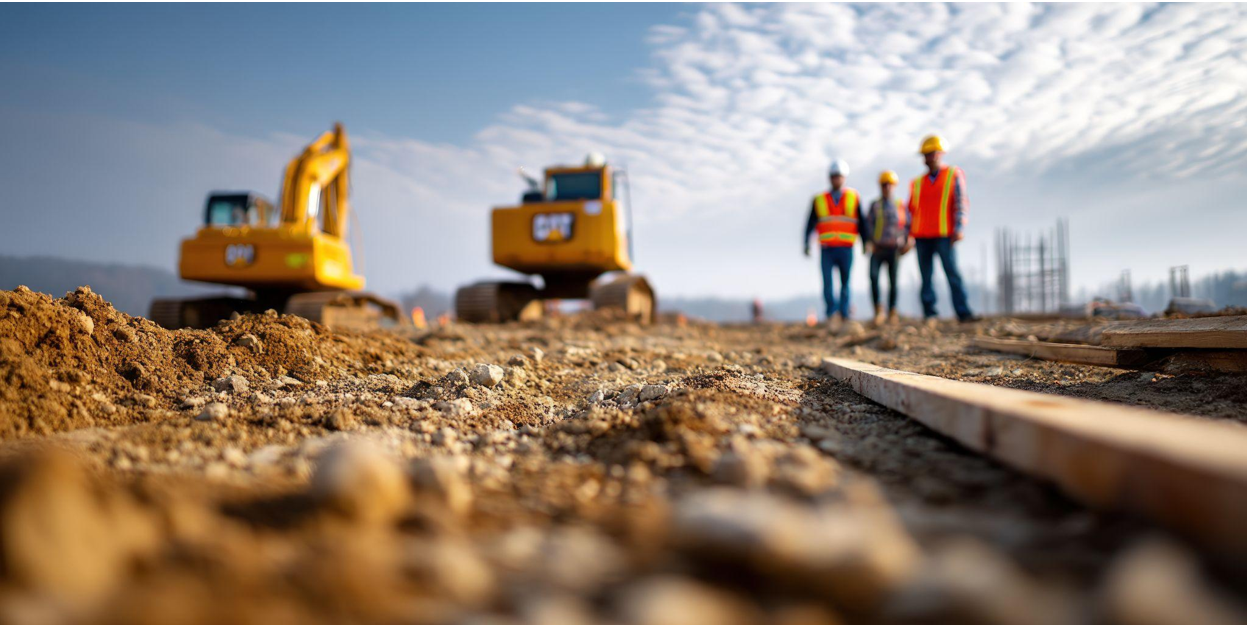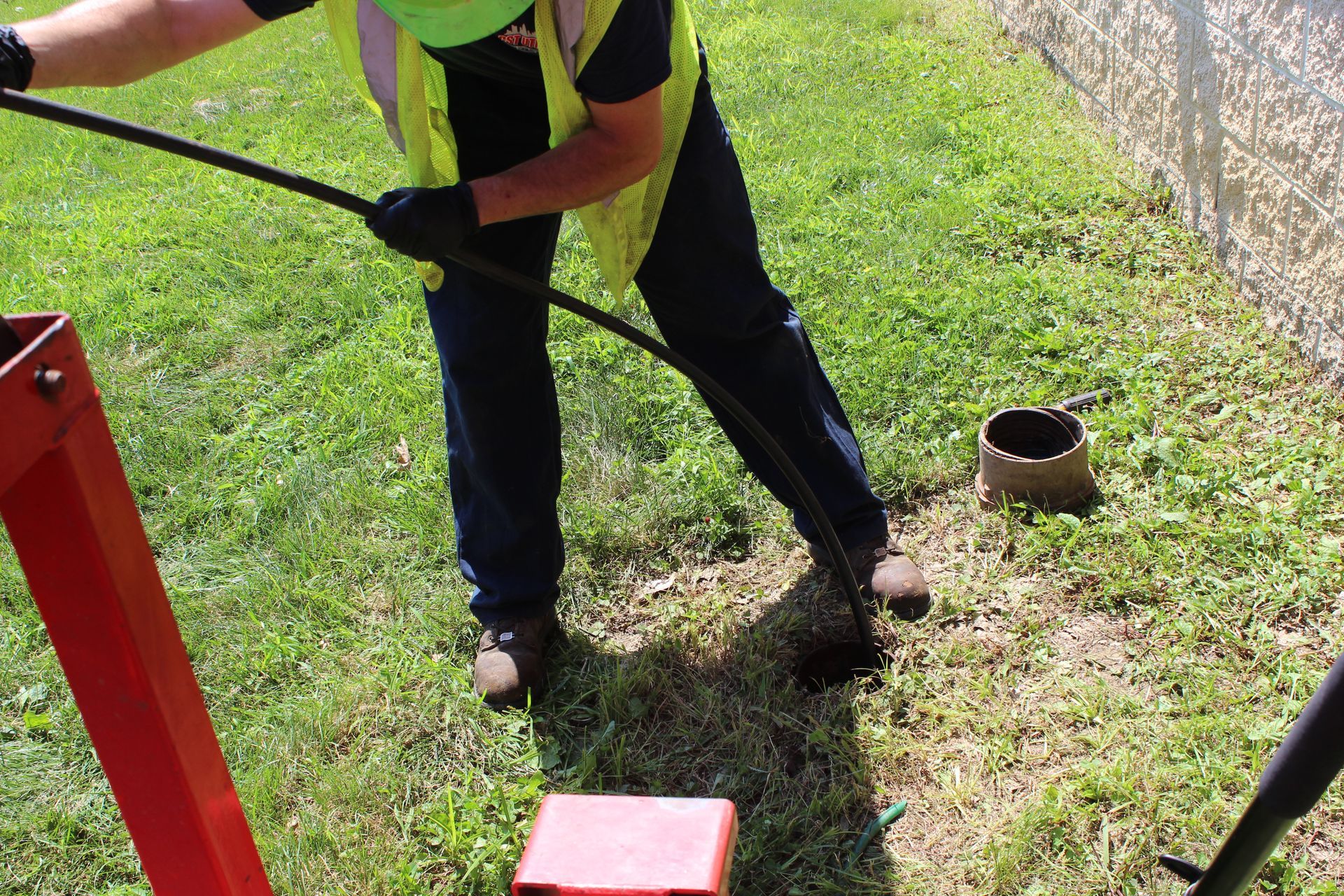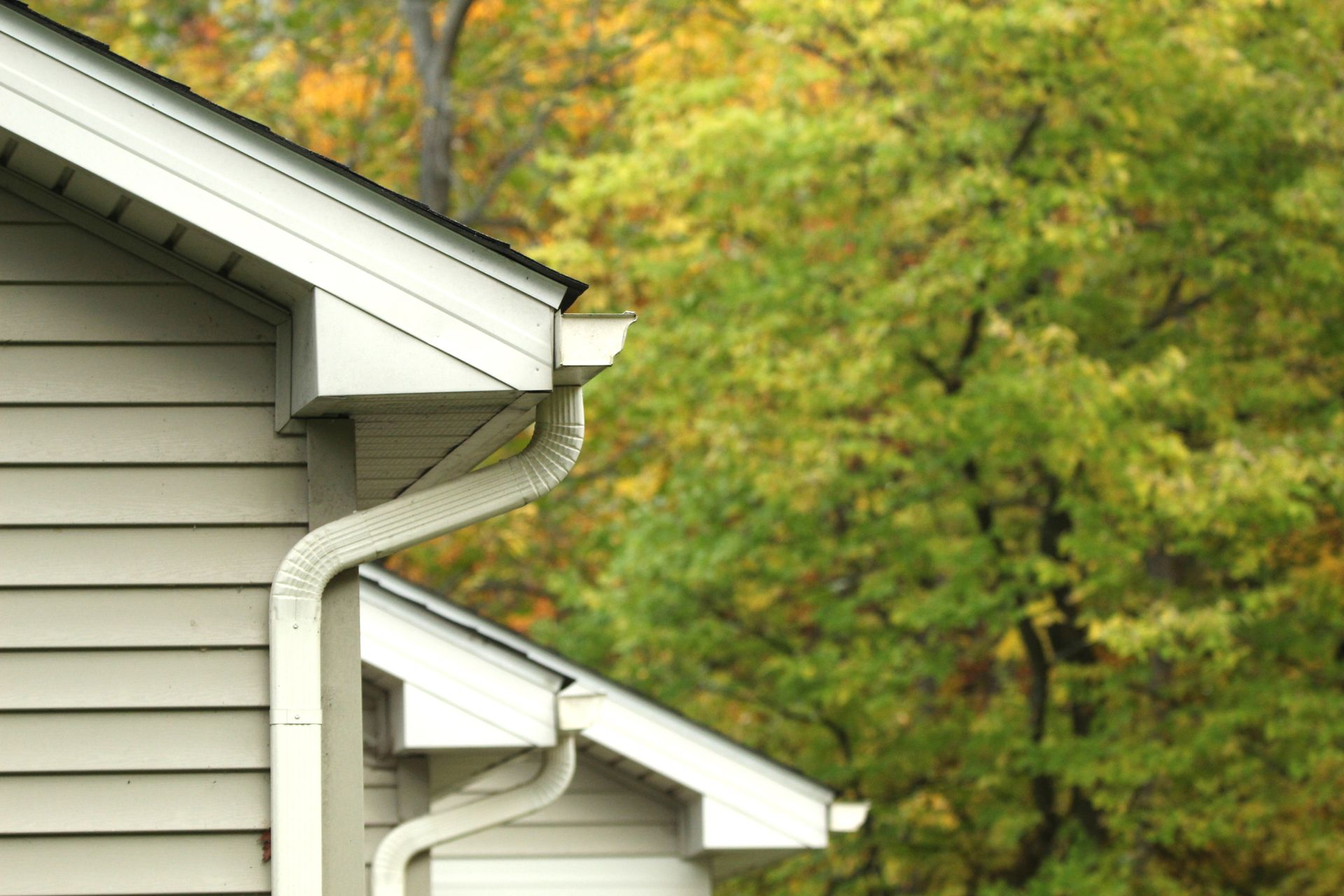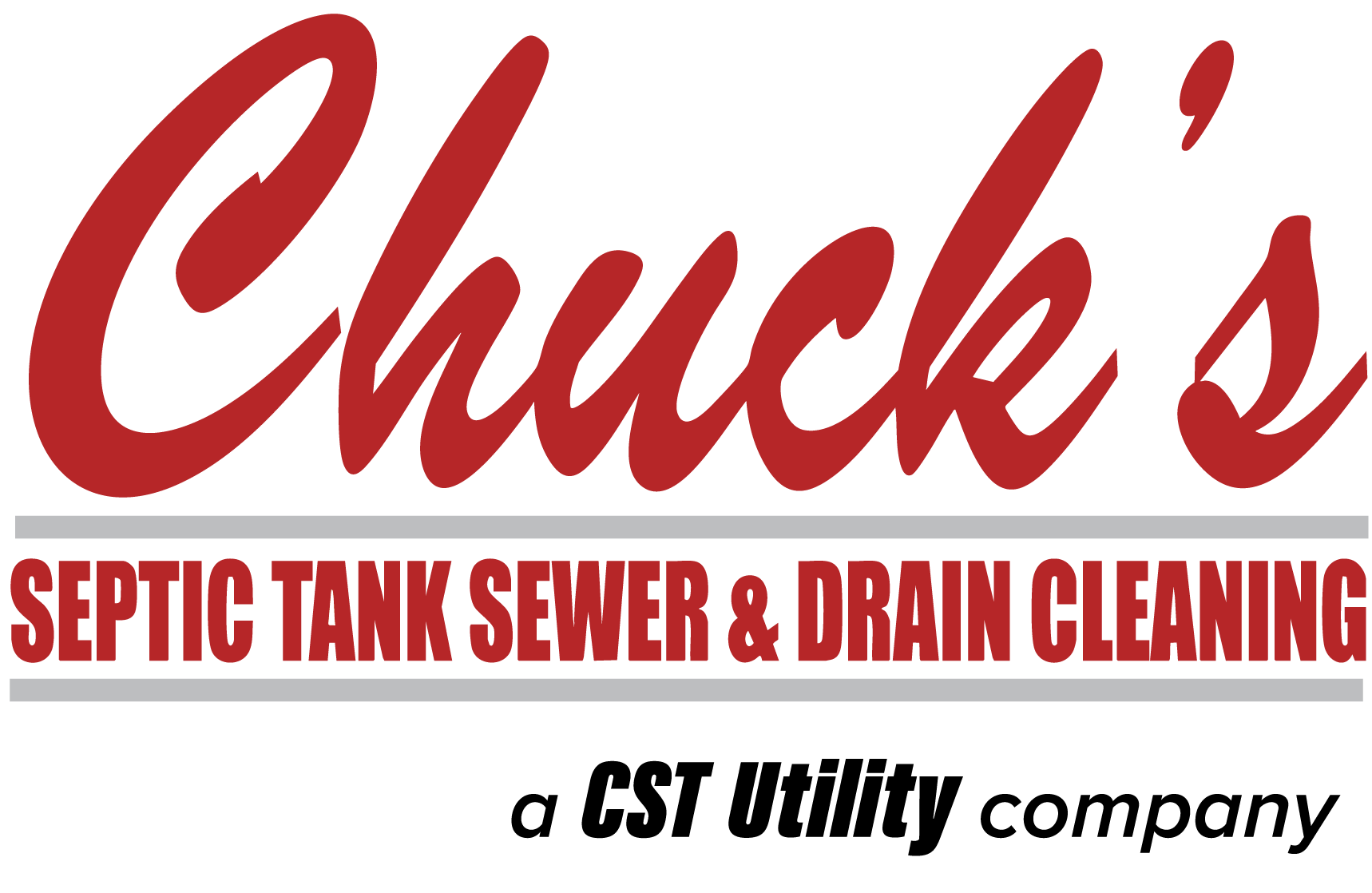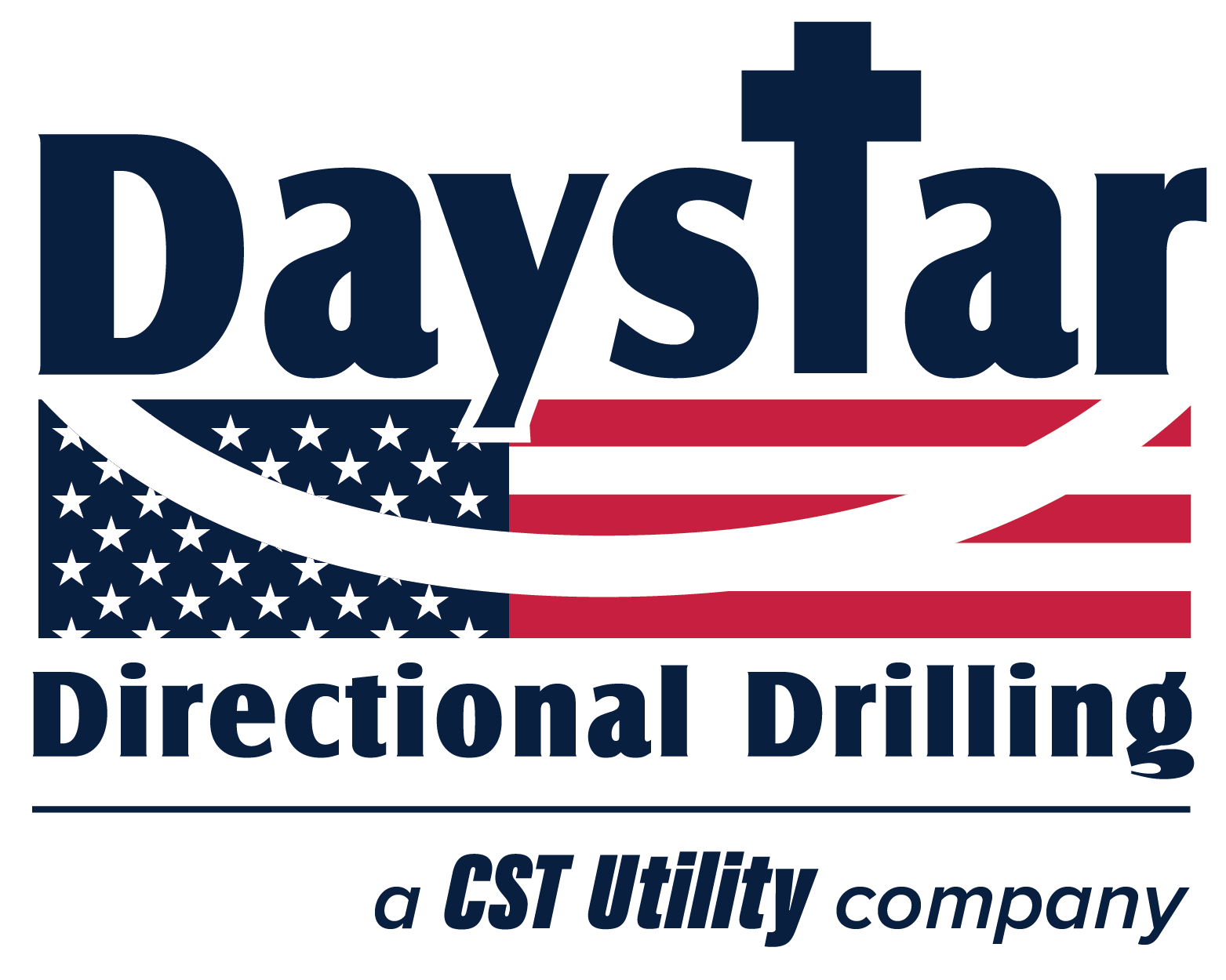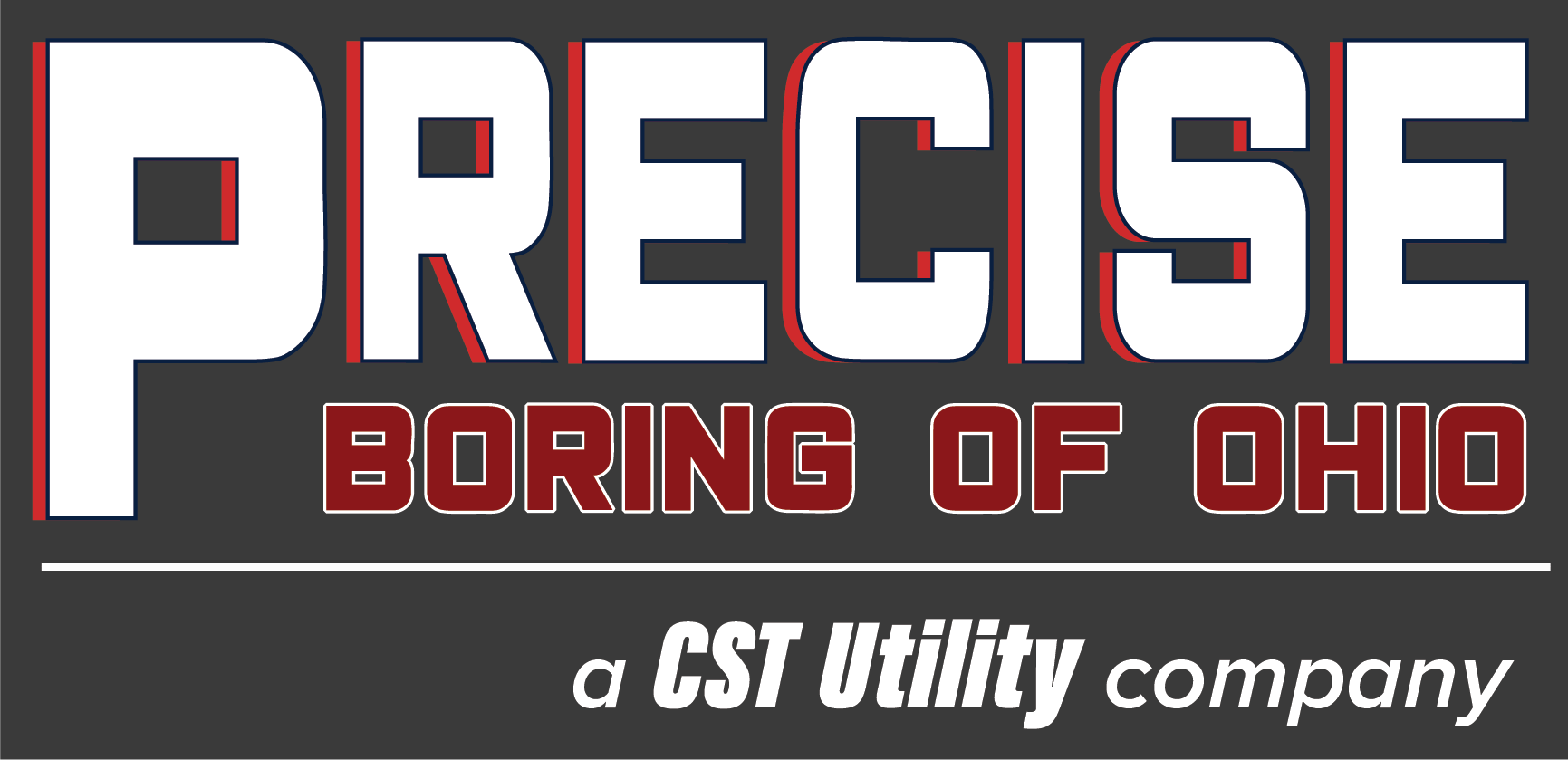Choosing the Right Contractor for Your Sewer Line Conversion: A Comprehensive Guide
Converting your sewer line from a septic system to a public or municipal service connection is a significant undertaking that requires careful planning and the right expertise. Whether your existing septic system is outdated or you're looking to benefit from a more modern public sewer connection, choosing the right contractor is critical for a successful, stress-free conversion. There are even times when a property owner receives an order to connect when a new sanitary sewer has been installed, within 200’ of their building. Here's a comprehensive guide to help you select the best contractor for the job.
1. Understand the Scope of Your Project
Before searching for a contractor, it's crucial to understand the scope of your sewer line conversion project. This involves:
- Determining the distance from septic piping leaving the building to the public sewer’s connection point.
- A site visit to carefully assess if septic piping is shallow where it leaves the building, or deep leaving from beneath a basement floor?
- There are minimum-slope requirements on all proposed new piping.
- ( If you don’t have sufficient fall, you may need a grinder pump, or lift station to accommodate a basement-depth sewer.)
- Understanding the excavation(s) involved, and potential plumbing work involved.
- Knowing if the building already has a water meter. (If it does not, one will be required)
- Knowing all local regulations and codes, and what permits and inspections will be required.
Having a clear picture of the project can help you identify contractors who specialize in the type of work your conversion requires.
2. Research and Shortlist Experienced Contractors
Look for contractors with proven experience in sewer line conversions specifically. Here’s how to find reputable contractors:
- Ask for Recommendations: Reach out to neighbors, friends, or family who have recently completed similar projects. Good “word of mouth” is typically a good indicator.
- Online Research: Browse local review sites and platforms like Yelp, Angie’s List, Google Reviews, Birdeye, or the Better Business Bureau for ratings and reviews.
- Check Credentials: Verify the contractor's licenses, certifications, and insurance coverage to ensure they meet your local requirements
A contractor with substantial experience in sewer conversions will be more adept at navigating potential challenges such as sewer plan interpretation, utility mapping, dealing with complex connections, and addressing any unexpected issues.
Can the contractor locate “private” utilities within the property prior to any excavating that are not located or marked by calling “O.U.P.S.”?
3. Evaluate Bids and Estimates Carefully
When you’ve narrowed down your list, ask for detailed estimates from at least three contractors. A comprehensive bid should include:
- Labor and Material Costs: A thorough and detailed description of what will be performed.
- Timelines: An estimated start and completion date for the work.
- Additional Fees: Permitting, disposal fees, or any other potential add-ons
Beware of bids that are significantly lower than others. While competitive pricing is important, an unusually low bid could indicate corners being cut, substandard materials, or a lack of experience. Or likely “change orders” will be added for items not mentioned within the proposal
4. Assess Communication Skills and Professionalism
Your contractor should be approachable, responsive, and willing to answer any questions you have. Good communication can be a sign of reliable service. During initial meetings or phone consultations:
- Observe how thoroughly they answer your questions.
- Take note of their willingness to explain the process, potential issues, and solutions.
- Check whether they provide a clear and transparent contract that outlines the terms and expectations.
5. Check References and Previous Work
Always ask for references from previous customers who have had similar sewer conversion projects done. Follow up with these references to inquire about:
- The overall experience working with the contractor.
- Whether the project was completed on time and within budget.
- The quality of the work and how any issues were handled post-completion.
Requesting to see photos of their past projects or, if possible, visiting completed sites, can also help you gauge the quality of their workmanship
6. Verify Insurance and Bonding
A reputable contractor should carry both general liability insurance and worker’s compensation insurance to protect against accidents and damage during the project. Additionally, confirm that the contractor is bonded. This offers an extra layer of protection and guarantees that if the contractor fails to complete the job as agreed, you won’t be left footing the bill.
7. Understand the Permitting Process
Sewer conversions require permits from the governing municipality or utility provider. A competent contractor should:
- Guide you through the permitting process or handle it on your behalf, given what they are allowed to handle, per code.
- Have experience working with local regulatory agencies to ensure compliance.
- Be transparent about any fees associated with obtaining permits.
8. Ask About Warranties and Post-Project Support
A reliable contractor should offer a warranty on both labor and materials. Discuss warranty terms and what they cover. Additionally, ensure that the contractor provides a clear plan for post-project support should any issues arise after the conversion.
Final Thoughts
Choosing the right contractor for your sewer line conversion can make all the difference in ensuring a smooth and successful project. By following the steps outlined above, you’ll be well-equipped to select a professional like CST Utilities who is experienced, transparent, and reliable.
This investment in careful selection not only saves you potential headaches and additional costs down the road but also ensures that your new connection to public service functions efficiently for years to come.
Call CST Utilities today to get your project completed!
